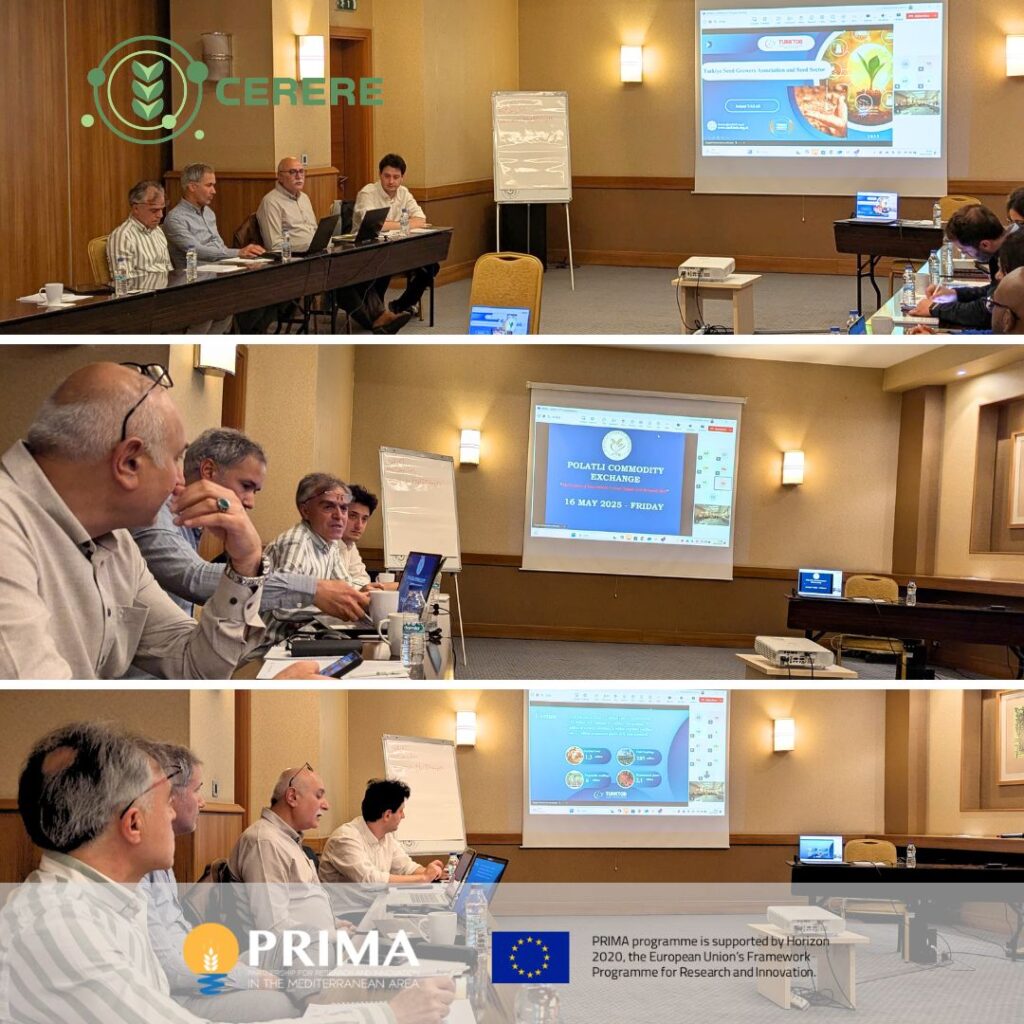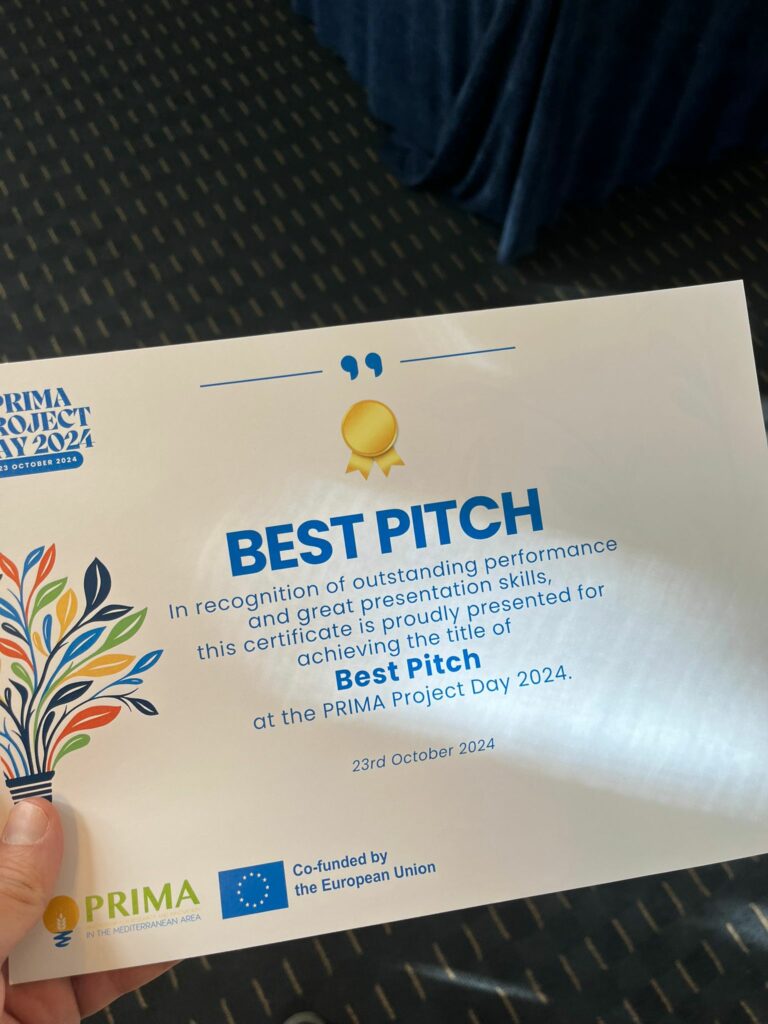CERERE is fostering global collaboration!
At APMS 2025 in Kamakura, Japan, Prof. Antonio Padovano and Prof. Eiji Morinaga
presented the latest CERERE advancements during the special session “APMS Talks.”
Their talk focused on cutting-edge research in Supply Chain Orchestration, combining
Routing–Scheduling–Assignment optimization models with Explainable AI (XAI)
solutions.
�� It’s not only about making the right decisions—it’s about making them accessible and
transparent to decision-makers, strengthening trust and clarity across the supply chain.







